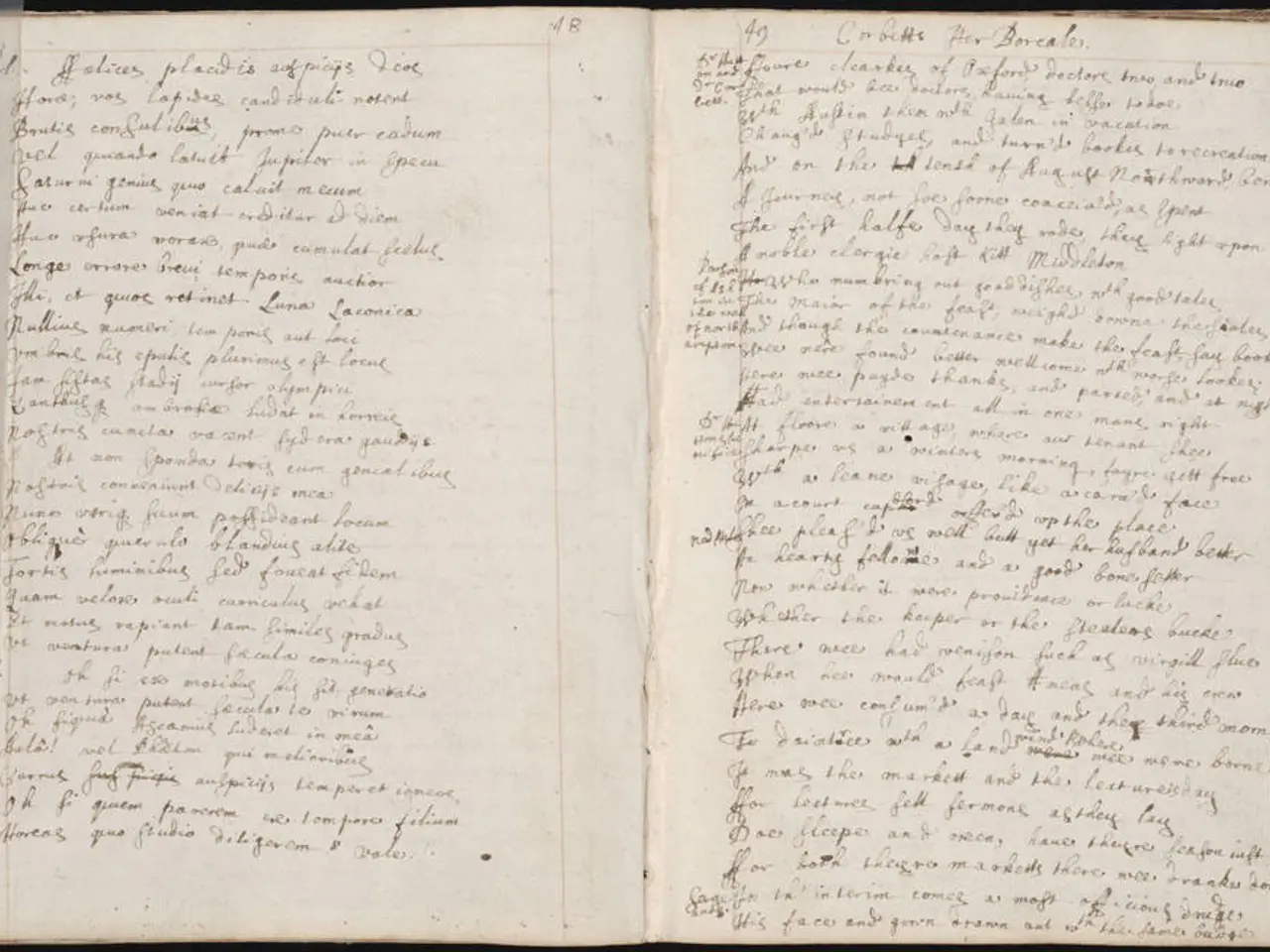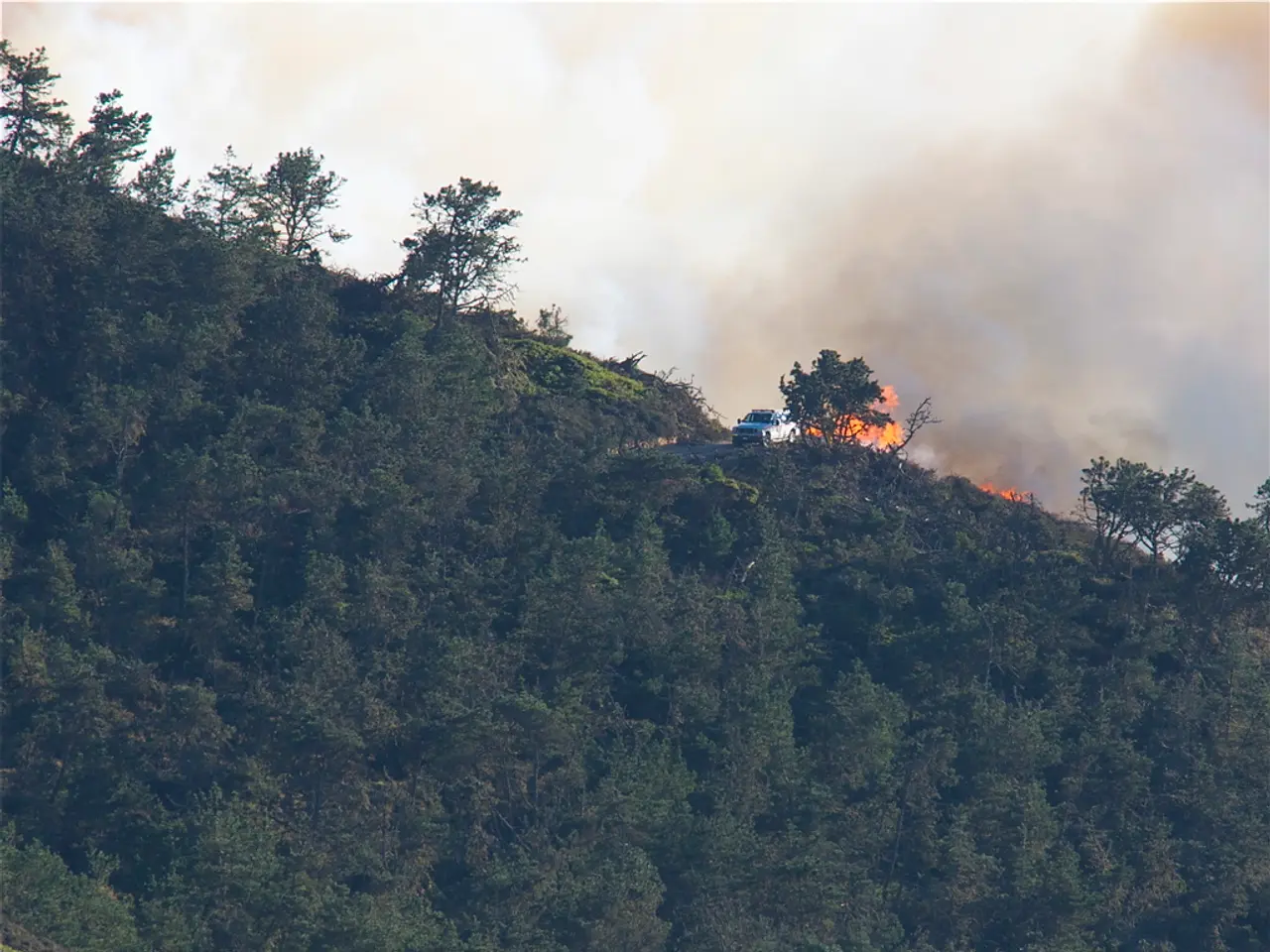Authorities conduct searches in retail establishments following the Indian government's prohibition of specific publications in Kashmir.
In Indian-administered Kashmir, a book ban on 25 titles—including works by Booker Prize winner Arundhati Roy and academics—has sparked controversy and accusations of authoritarianism. The separatist leader Mirwaiz Umar Farooq, a chief cleric, has criticized the ban, stating it "only exposes the insecurities and limited understanding of those behind such authoritarian actions."
The Indian government, under the direct rule of Manoj Sinha, issued the book ban order on the sixth anniversary of its imposition over Kashmir. The operation targeted materials promoting secessionist ideologies or glorifying terrorism, according to a police statement. However, separatists and human rights organizations argue that such bans aim to silence alternative narratives, criminalize intellectual inquiry, and erase the complex history and resistance in Kashmir.
Mirwaiz Umar Farooq claimed that the book ban exposed the insecurities and limited understanding of the Indian government. He asserted that banning books will not erase historical facts or the lived experiences of Kashmiris. The separatists view the book bans as part of a larger pattern of state censorship and an attack on freedom of expression in the region. They consider the bans counterproductive and dismissive of Kashmiri voices and history.
Last year, local elections in Kashmir resulted in a largely powerless government. The elections brought to power a government with limited authority, further fueling the belief that the book ban is an attempt to suppress dissent. The Indian government has been accused of repression and human rights abuses in Kashmir in an attempt to silence opposition.
The book store raids following the ban have raised concerns about the suppression of intellectual discourse in Kashmir. The authorities carried out a similar raid earlier in February, seizing books including Islamic literature from homes and shops in the Muslim-majority region. The separatists oppose these actions, viewing them as an authoritarian attempt to suppress Kashmiri history and dissent.
The book ban in Kashmir may be related to attempts by the Indian government to suppress dissent. Critics argue that the ban is an effort to control the narrative and silence voices that challenge the status quo in Kashmir. The separatists, however, remain resolute in their pursuit of freedom of expression and a more open and inclusive discourse in the region.
- The book ban in Kashmir, initiated by the Indian government under Manoj Sinha's leadership, has sparked accusations of authoritarianism, with critics suggesting it aims to suppress dissent, control the narrative, and silence voices that challenge the status quo.
- Separatists and human rights organizations in Kashmir view the book ban as part of a larger pattern of state censorship and an attack on freedom of expression, arguing that such bans aim to silence alternative narratives, criminalize intellectual inquiry, and erase the complex history and resistance in Kashmir.
- In the context of war-and-conflicts and politics, the book ban in Kashmir can be seen as a component of the government's media strategy, with the potential to skew the general-news narrative and present a one-sided perspective on events in the region.








